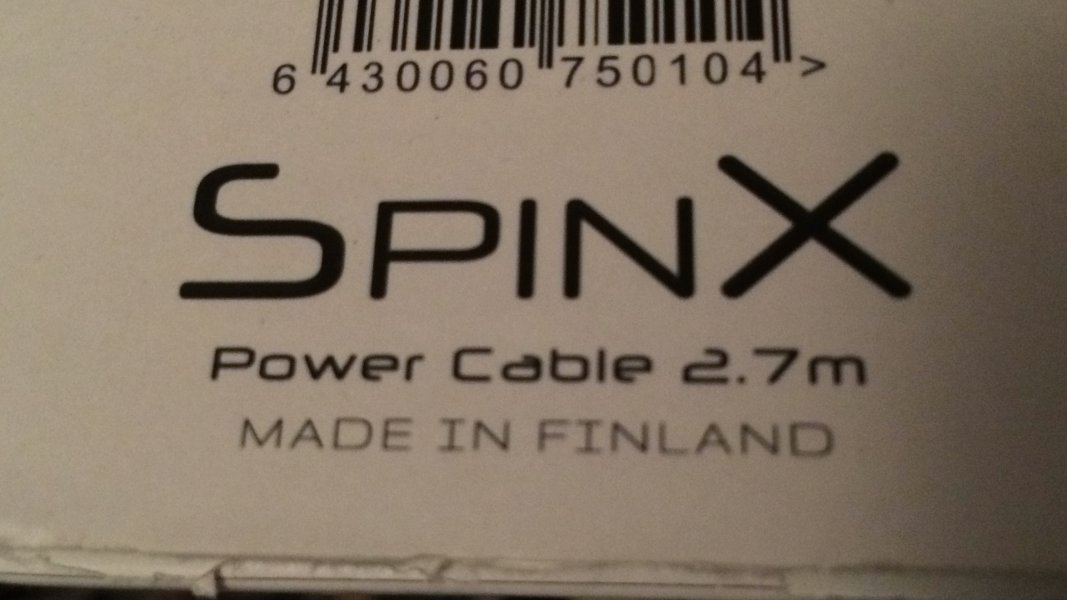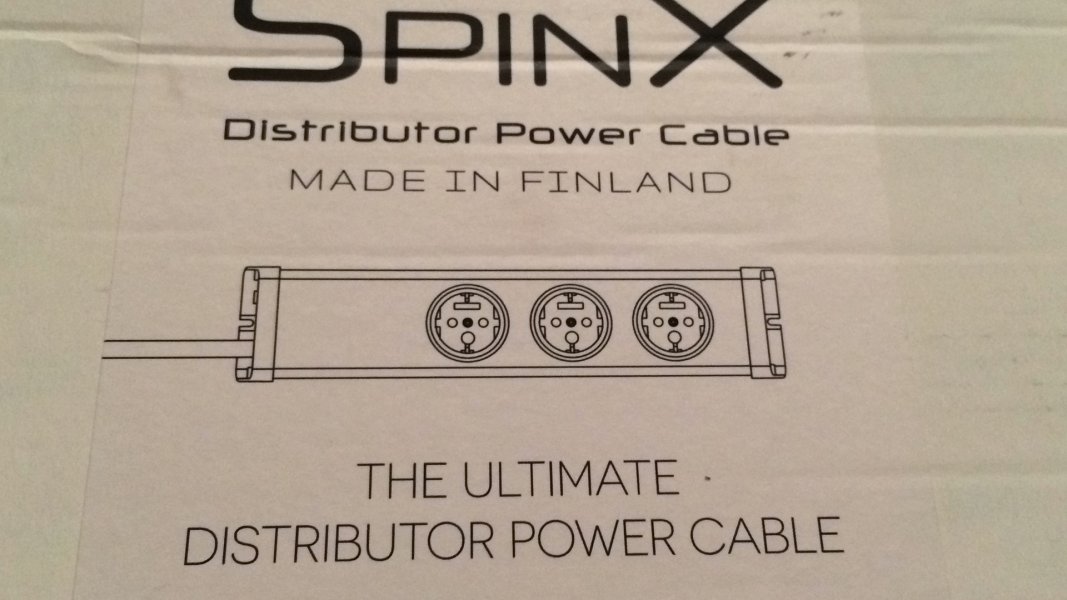I have little to no technical understanding why a cord does what it does. Just a superficial appreciation there are technical reasons why they do what they do.
Following the though process to its ends I adressed the power all the way back to my panel. I got my hands on 40 feet of 10 awg ofc cable. I liked what I heard. Even more I took that cable from my panel and put it direct into a power strip I built trying to mimic one of the HD Fowler units. Heck, why do we want a receptacle, and plug, more cable another connector then another connector before were in the power strip.
I use a power strip because I find micro voltage differences matter. I use one circuit for my gear. Some friends I work with use more circuits. I have a power strip to attach 12 or so devices into that circuit.
Something we have all found is grounding and proper attachment at the panel can have a profound impact on sonics. So does just plain old neat and clean wiring behind the rack. Many noise issues can be reduced by massive amounts just adressing that area.
I guess my point is, you can spit and fight over the first or last 6 feet, but don't forget about the 40 or so feet of branch circuit that cord is attached too. The whole system. If you have digital attached to it, you have a another set of grounding and isolation issues you need to address. All before you even get to that attachment cord.
Rex
Following the though process to its ends I adressed the power all the way back to my panel. I got my hands on 40 feet of 10 awg ofc cable. I liked what I heard. Even more I took that cable from my panel and put it direct into a power strip I built trying to mimic one of the HD Fowler units. Heck, why do we want a receptacle, and plug, more cable another connector then another connector before were in the power strip.
I use a power strip because I find micro voltage differences matter. I use one circuit for my gear. Some friends I work with use more circuits. I have a power strip to attach 12 or so devices into that circuit.
Something we have all found is grounding and proper attachment at the panel can have a profound impact on sonics. So does just plain old neat and clean wiring behind the rack. Many noise issues can be reduced by massive amounts just adressing that area.
I guess my point is, you can spit and fight over the first or last 6 feet, but don't forget about the 40 or so feet of branch circuit that cord is attached too. The whole system. If you have digital attached to it, you have a another set of grounding and isolation issues you need to address. All before you even get to that attachment cord.
Rex














